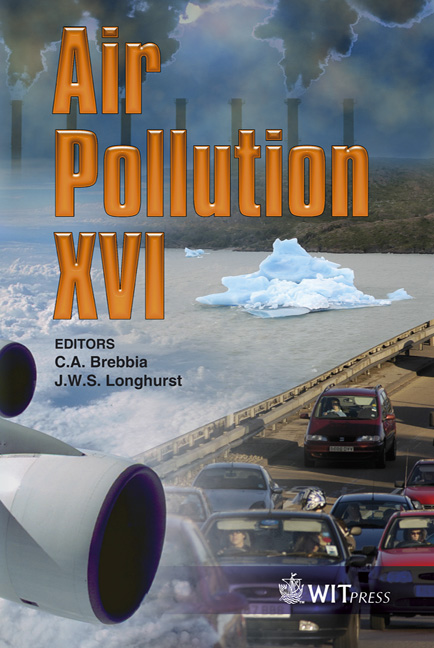Failures And Successes In The Implementation Of An Air Quality Management Program In Mexicali, Baja California, Mexico
Price
Free (open access)
Transaction
Volume
116
Pages
10
Page Range
169 - 178
Published
2008
Size
330 kb
Paper DOI
10.2495/AIR080181
Copyright
WIT Press
Author(s)
M. Quintero-Nuñez & E. C. Nieblas-Ortiz
Abstract
The Program to Improve the Air quality of Mexicali 2000-2005 (PROAIR) was released in the year 2000. The implementation of the program was based on 5 strategies and their specific actions that if applied according to the program would have helped to reduce the emissions of the different contaminants that exceeded the acceptable values of air quality. The PROAIR followed national guidelines to evaluate, what at the time were considered the most polluted cities in Mexico, such us Mexico City, Guadalajara and Jalisco among others. The program’s strategies and their actions were directed to the following components and work areas: industry, commerce and services, vehicles, urban management and transport, ecological recovery and research, and international agreements. Mexicali, being located at the California-Baja California border has received many environmental benefits derived from border protocols established between Mexico and the USA, such as the Border 2012 Program, still running. Seven years after the implementation of PROAIR in Mexicali, very little progress has been observed in the actions outlined in the Programs’ strategies. The analysis of the actual situation of the Program is presented in this document along with recommendations on how to improve it to benefit community health. Keywords: air quality management program, Mexicali, Baja California, Mexico, airshed, Border 2012.
Keywords
air quality management program, Mexicali, Baja California, Mexico, airshed, Border 2012.





